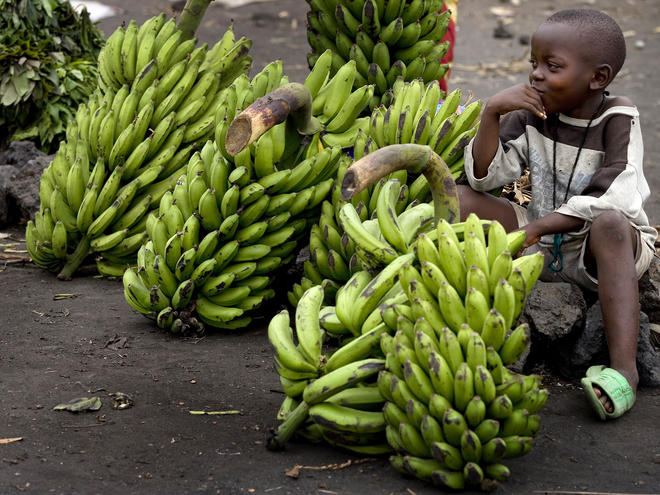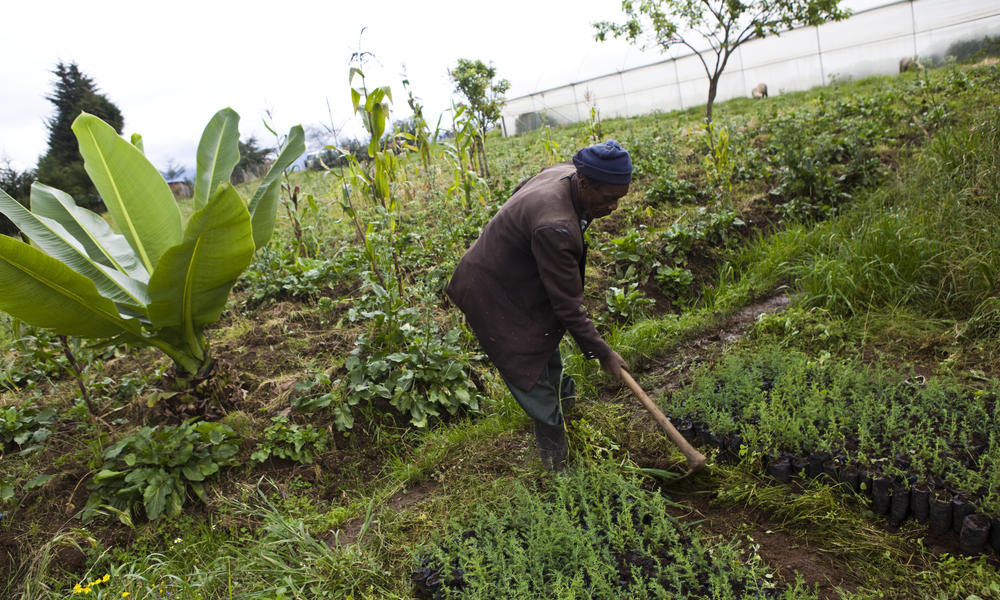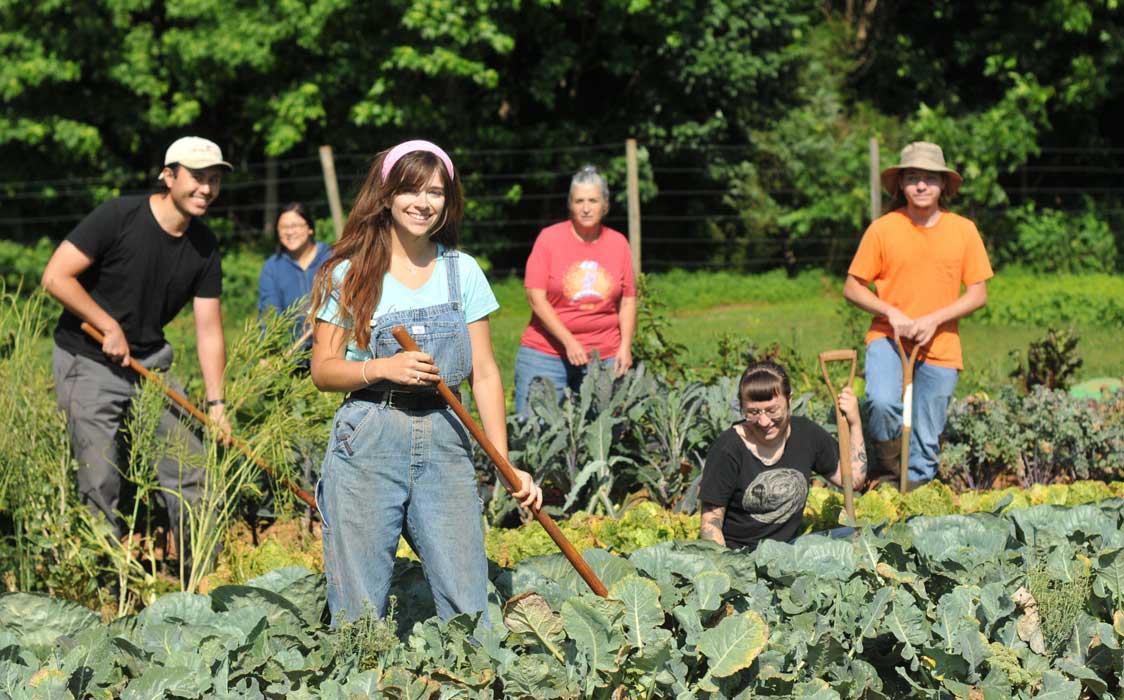Sustainable Agriculture Detail
Sustainable agriculture is food production through practices that can be continued indefinitely. In unsustainable agriculture, natural resources, such as water and soil, are used faster than they can be replaced. The results may include famine, pollution and the need to destroy wildlife habitats in order to expand farmland.
Growing concern about agricultural intensification in developed countries and its negative environmental impacts spurred an alternative movement in the 1970s to promote what advocates called sustainable agriculture. This perspective drew inspiration from sources that included organic farming (raising crops and animals with minimal synthetic inputs), the international environmental movement, and development advocates who criticized the Green Revolution for relying too heavily on pesticides and fertilizer. Ecology is a central pillar of sustainable agriculture, which treats farmed areas first and foremost as ecosystems, albeit unique ecosystems that have been disturbed and simplified by harvesting.
Sustainable agriculture is impossible without soil that can be worked, reworked and rested appropriately. And soil needs a number of facilitators to keep it healthy outside of its natural forest environment where a number of cycles keep it in balance.
Sustainable agriculture is food production through practices that can be continued indefinitely. In unsustainable agriculture, natural resources, such as water and soil, are used faster than they can be replaced. The results may include famine, pollution and the need to destroy wildlife habitats in order to expand farmland.
Growing concern about agricultural intensification in developed countries and its negative environmental impacts spurred an alternative movement in the 1970s to promote what advocates called sustainable agriculture. This perspective drew inspiration from sources that included organic farming (raising crops and animals with minimal synthetic inputs), the international environmental movement, and development advocates who criticized the Green Revolution for relying too heavily on pesticides and fertilizer. Ecology is a central pillar of sustainable agriculture, which treats farmed areas first and foremost as ecosystems, albeit unique ecosystems that have been disturbed and simplified by harvesting.
Sustainable agriculture is impossible without soil that can be worked, reworked and rested appropriately. And soil needs a number of facilitators to keep it healthy outside of its natural forest environment where a number of cycles keep it in balance.
Sustainable Agriculture
Sustainable Agriculture
Sustainable Agriculture
Sustainable Agriculture
Sustainable Agriculture
Sustainable Agriculture
Sustainable Agriculture
Sustainable Agriculture
Sustainable Agriculture
Sustainable Agriculture
Sustainable Agriculture
Sustainable Agriculture
Sustainable Agriculture
Sustainable Agriculture
Sustainable Agriculture
Sustainable Agriculture
Sustainable Agriculture
Sustainable Agriculture
Sustainable Agriculture
Sustainable Agriculture



















No comments:
Post a Comment